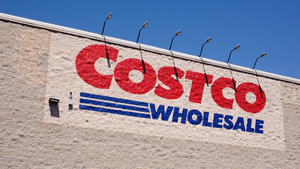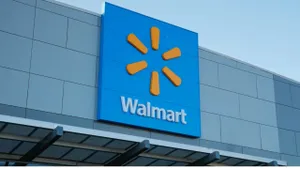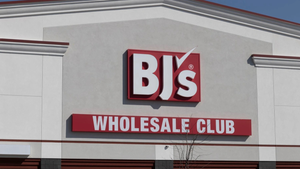What Does Kaufland’s Australia Exit Mean for Lidl?What Does Kaufland’s Australia Exit Mean for Lidl?
Schwarz Group banner abandons plans Down Under but is 'committed' to U.S. The Schwarz Group banner is abandoning a planned expansion in Australia but is "committed" to the U.S., says spokesman.

Could the sudden exit of a food retail chain halfway around the world have implications in the U.S.?
German hypermarket chain Kaufland said last week it was withdrawing plans to expand in Australia, leaving some 20 stores under construction, after having reportedly spent $500 million on an expansion plan dating back to 2016.
Kaufland is a division of the Schwarz Group, parent of the Lidl discounter, although the sister brands are run independently of one another.
Kaufland in a statement said the decision to withdraw from Australia would provide the brand with further capital to expand in Europe. Kaufland runs 1,300 stores in Germany, Poland, the Czech Republic, Romania, Slovakia, Bulgaria, Croatia and the Republic of Moldova.
“In Europe, we see a great deal of growth potential,” said Frank Schumann, acting CEO of Kaufland International. “We will actively shape the consolidation of the European retail sector, thus further reinforcing our leading position.”
Mike Dawson, an editor with German business newspaper Lebensmittel Zeitung, told WGB in an email that he felt the Kaufland decision could bode well for Lidl’s U.S. expansion inasmuch as it removed an expensive new venture that was still years away from reaching fruition. But, he noted, it is also illustrative of the abruptness and unpredictability with which some decisions have come at Schwarz Group, which is controlled by reclusive businessman Klaus Gehrig.
“Officially, and plausibly, Kaufland wants to concentrate on Europe, thus avoiding a long cash drain Down Under until profitability would be reached. Although Lidl and Kaufland always insist that their finances are completely separate, both belong to Schwarz Group,” Dawson said. “A stronger consolidated cash flow will surely therefore not only benefit Europe. It is more than conceivable that there will now be extra scope for investment in the U.S. over the coming years.”
Gehrig “seems increasingly prone to suddenly pulling the plug on big projects, which he had originally agreed to,” Dawson added, so “there is currently no guarantee at Schwarz Group what dramatic decision Gehrig might take next.”
Lidl U.S., based in Arlington, Va., established its first U.S. stores in 2017, and has at times drawn trade speculation over a potential pullback, especially after numerous planned store sites were abandoned shortly after its arrival, slowing its initial rate of growth.
Sources estimate the company had earmarked as much as $4 billion toward U.S. expansion, although the company has not confirmed that figure.
Will Harwood, a spokesman for Lidl U.S., told WGB this week that Lidl was “committed to long-term sustainable growth in the U.S.,” pointing to a recently announced $100 million investment in a fourth U.S. distribution center in Georgia and an accelerated schedule of store openings as evidence of the brand’s health. The company opened its 91st U.S. store this week in Lansdale, Pa., and plans to open a new unit next week in Dover, Del.
About the Author
You May Also Like






